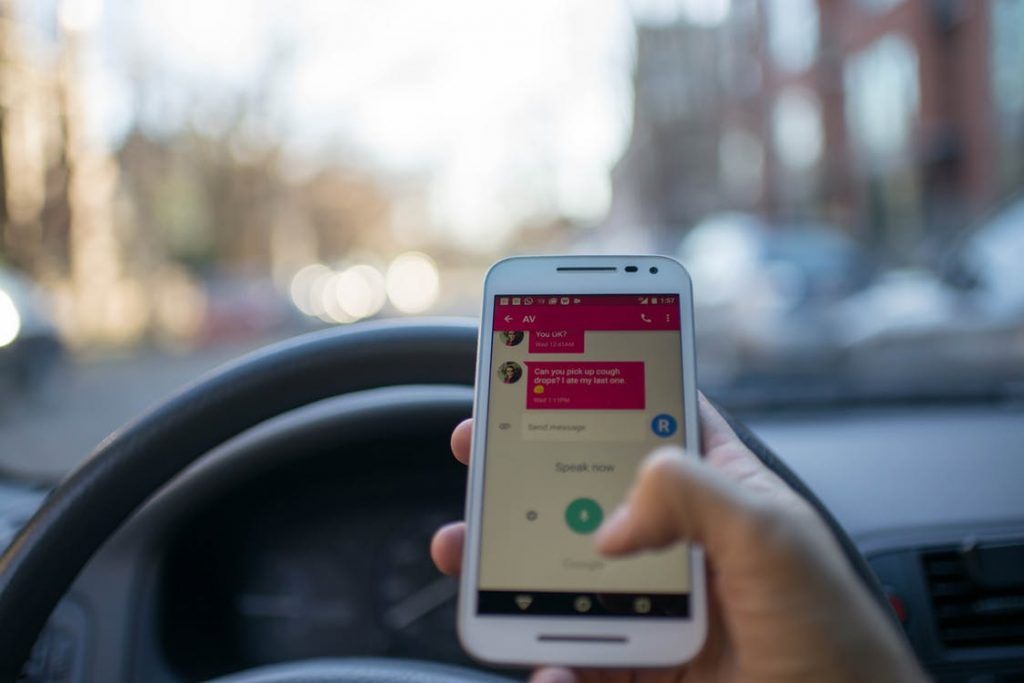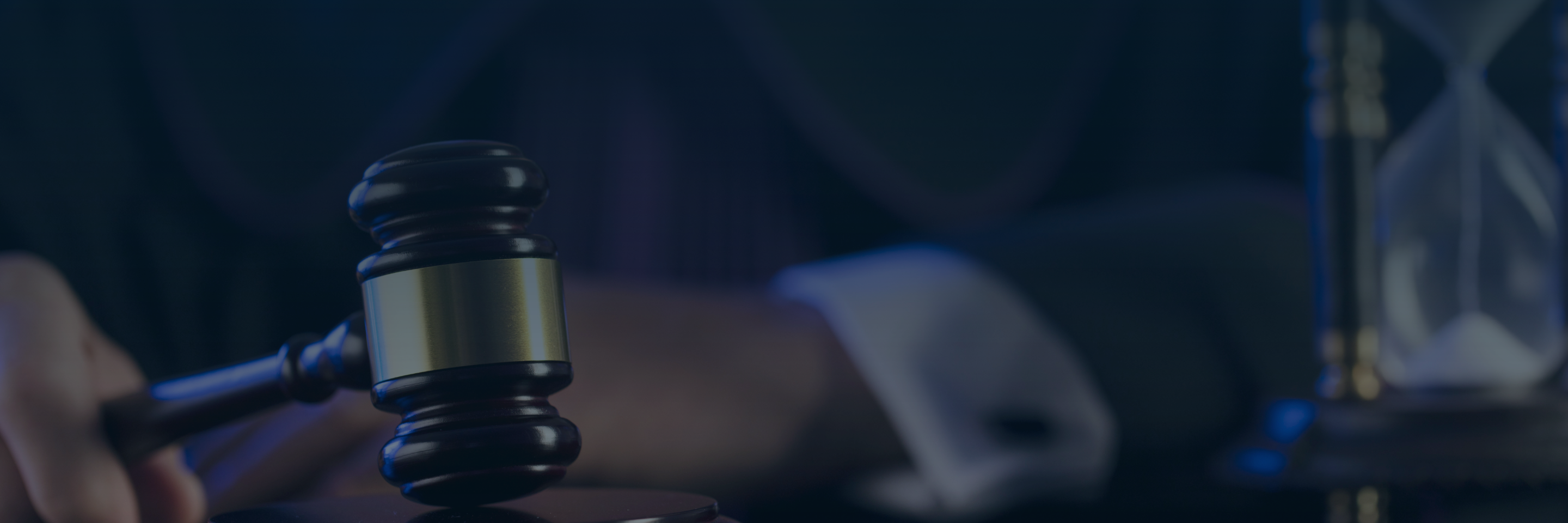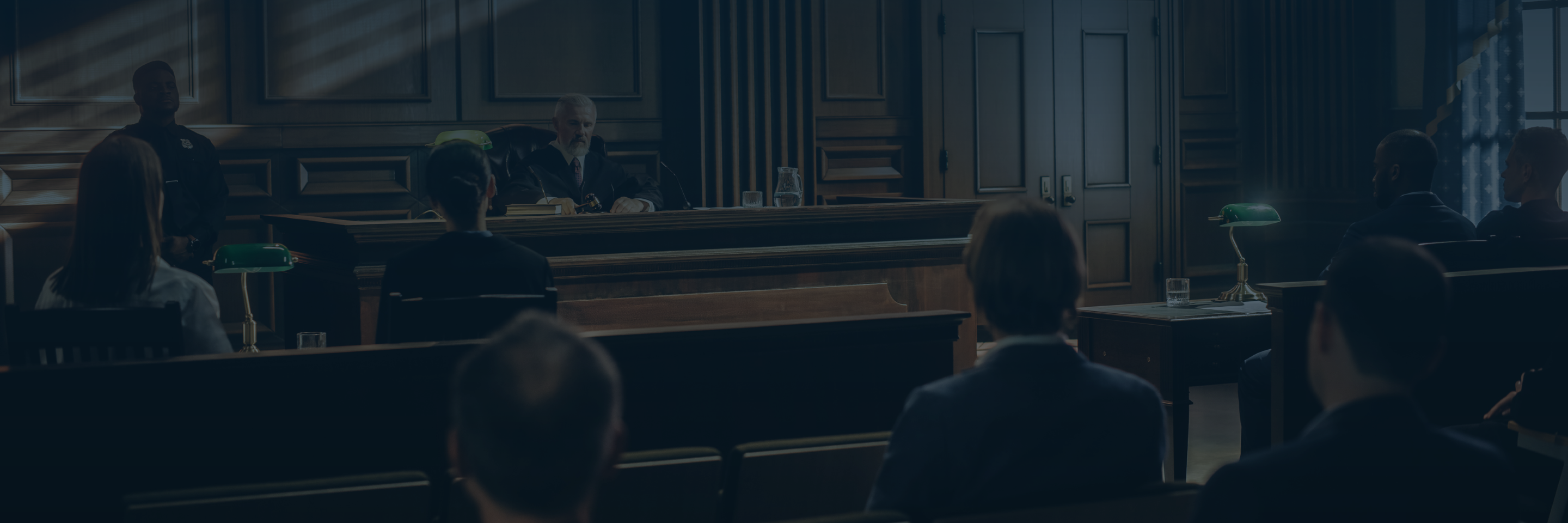Written By: William Keele and Joe Gaynor, Student-at-Law
A common allegation in motor vehicle collision cases is that a party was negligently using his or her cellphone at the time of the collision. Over the last few years there has been a degree of uncertainty whether cell phone records are producible in the face of a party’s denial at discovery that they were using their cell phone. A recent decision of the Superior Court of Justice will hopefully grant some clarity on the issue. In Rodrigues v. Doe, Master McGraw concluded that even in the face of the Plaintiff’s denial that he was using his cell phone at the time of the collision, his cell phone billing records are still relevant and are therefore producible.
By way of background, the Plaintiff, Rodrigues, was injured in a motor vehicle collision. In the Statement of Defence and Crossclaim, the Defendant alleged that the collision was caused solely by the negligence of the Plaintiff, including “dialing or talking on a cellular phone prior to or at the time of the collision.”
At the Plaintiff’s examination for discovery, he admitted that his cellular phone was in his vehicle at the time of the collision but he denied that he was using his phone at the time of the accident. Defence counsel requested that the Plaintiff produce the call log for his cellphone for the 30 minutes prior to the accident. The Plaintiff refused.
The Defendant brought a motion to compel the Plaintiff to provide the records. Ultimately, Master McGraw ordered that the Plaintiff “make best efforts to obtain and produce the call log records for the cellular phone which was in his vehicle at the time of the accident for the 30 minutes prior to the time of the accident.
In coming to his conclusion, Master McGraw reasoned, in part, as follows:
[12] When I asked counsel for any case law regarding the production of cellular phone records in the context of motor vehicle accidents, I was directed to Comisso (Litigation guardian of) v. York (Regional Municipality) Police Services Board, 2010 ONSC 3620. In Comisso, the defendant alleged that it was possible that the plaintiff was on her cellular phone at the time of the collision and requested on discovery that she produce her cell phone records for the date of the accident and the phone itself. The plaintiff refused. Lauwers J. ordered the plaintiff to produce the records and the phone itself given that it was a plausible explanation for the accident and production of the records and the phone would “clear up the mystery” (see para. 4).
[13] Counsel for the plaintiff submits that the call log requested by the Defendant is not relevant given that Mr. Rodrigues denied under oath that he was on his cell phone at the time of the accident. The plaintiff submits that there is no evidence that the plaintiff was on his phone at the time of the collision and that the Defendant’s allegations in this regard are baseless, invasive and irrelevant. Counsel for the plaintiff concedes that there is no evidence other than Mr. Rodrigues’ denial.
[14] In my view, based on the pleadings, the call log records are relevant to a matter at issue in this action, namely, whether Mr. Rodrigues was negligent because he was on his cellular phone at the time of the collision. The Defendant alleges that Mr. Rodrigues was on his phone. Mr. Rodrigues denies that he was. As in Comisso, production of the call log would shed light on this issue and likely resolve it altogether. The Defendant is entitled to this information as part of its discovery.
[15] I also reject the submission by counsel for the plaintiff that Comisso is distinguishable given that the driver in that case could not remember whether she used her cellular phone at the time of the accident while Mr. Rodrigues states that he remembers that he did not. This does not alter my conclusion that the call log records are relevant to issues in this litigation.
[16] Further, the Defendant’s request is reasonable and proportional as it is limited only to the call log records and only for 30 minutes prior to the time of the accident. These records should be readily available through the plaintiff’s personal or on-line billing records or through his cellular phone service provider.
If you or someone you love has suffered a serious injury as the result of a collision, contact one of the critical injury lawyers at McLeish Orlando for a free consultation.






